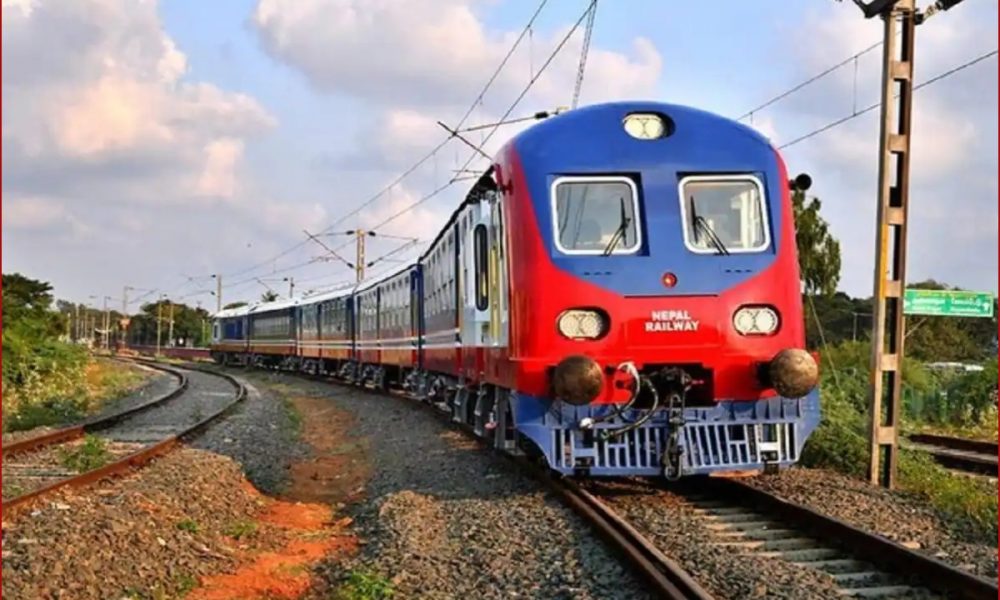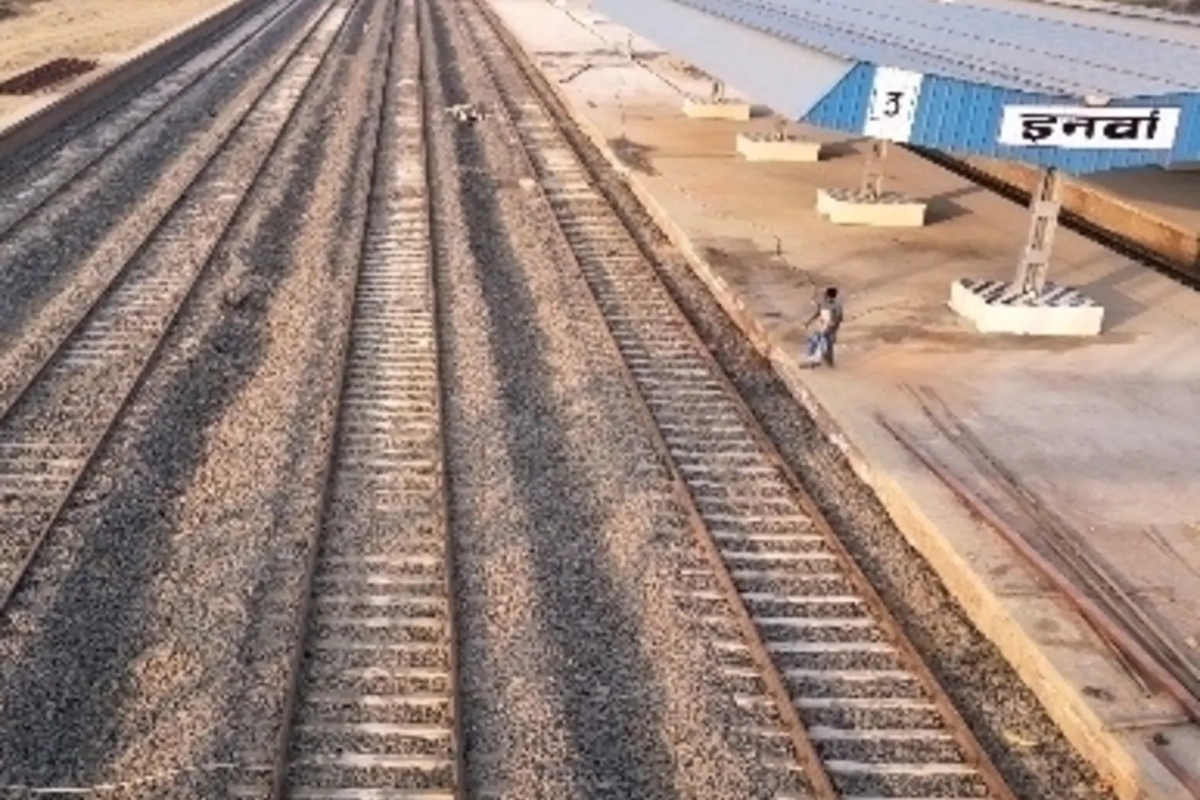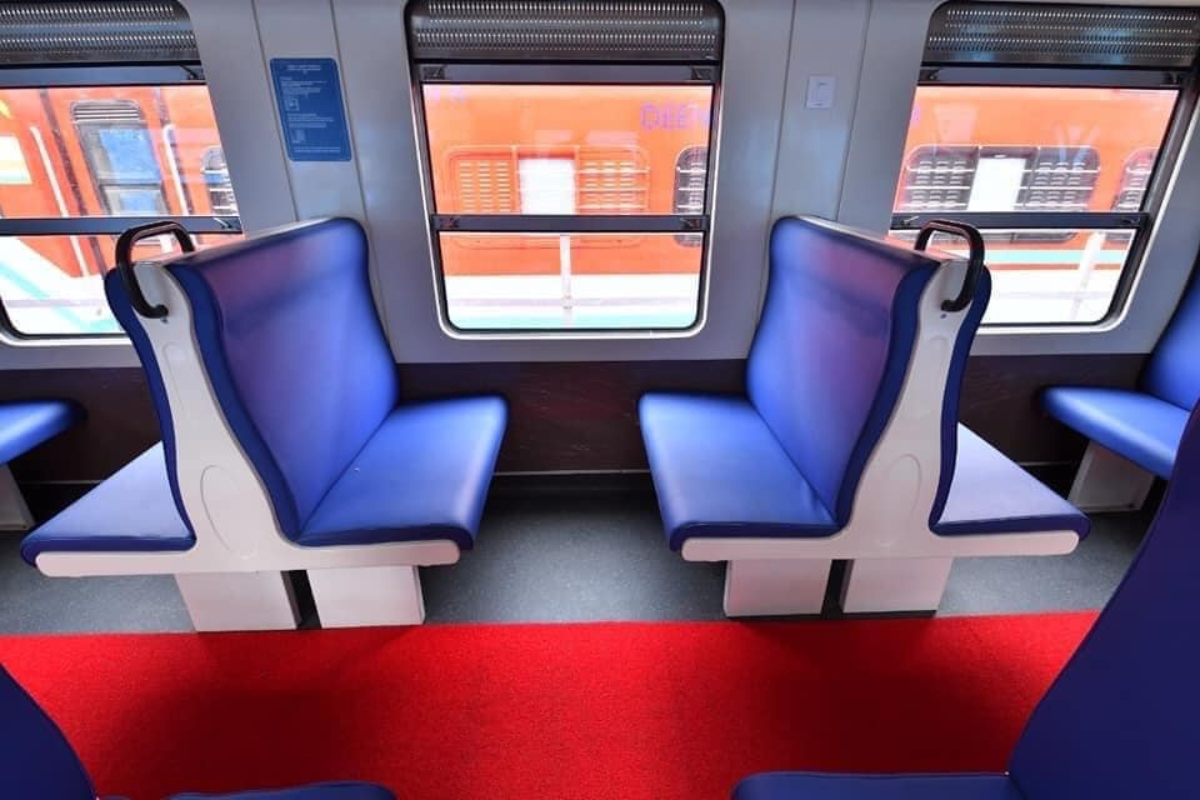
New Delhi: Prime Minister Narendra Modi and his Nepal’s compeer Sher Bahadur Deuba are prepared to start off the rail services between the two nations on Saturday.
PM Modi and Debua met and held delegation-level talks at Hyderabad House in New Delhi today, April 2. After assuming office for the fifth time last year, this is Prime Minister Deuba’s first bilateral visit abroad.
The two nation-heads will inaugurate the passenger train service operating from Jaynagar in Bihar to Kurtha in Janakpur on Saturday via video conferencing.
As per the media reports, the 34.50km long first phase of this project (between Jaynagar to Kurtha) will be operational for the public from today onwards. While the total stretch of about 69.08km-long rail service till Bardibas in Nepal will be functional by the end of this year.
Birendra Kumar, East Central Railway (ECR) chief public relations officer (CPRO) said that the launch of the much-awaited rail services would give further impetus to the bilateral relations between the two countries.
From routes to checking points, all you need to know about India-Nepal railway service

1. The rail project covers only a small stretch of 2.95km long route in India while the remaining 65.75km is in Nepal
2. The passenger train services between Jayanagar and Bijalpura stations in Nepal were initially brought by the Britishers during the 1930s. However, it was later put on a hold due to destructive floods in the country
3. This section of the project will include eight railway stations along with six halt stations within its route
4. The journey will also cover 15 major bridges along with around 47 road crossings on its route. Surprisingly, 127 minor bridges will also fall amidst the ride
5. The railways will allow a speed of 100 km per hour for the passenger train, while an approximate speed limit of 65 kmph for the freight
6. The Railways have established the custom checking points for this line at Jaynagar in India and Inarwa station in Nepal
Required documents to travel through this route

1. A valid national passport is required
2. A valid photo identity card issued by the Government of India or the State Government
3. Identity Certificate provided by the Embassy of India/Consulate General of India in Nepal
4. Individuals below 15 years of age or above 65 years of age must have valid photographic documents to confirm their age.




